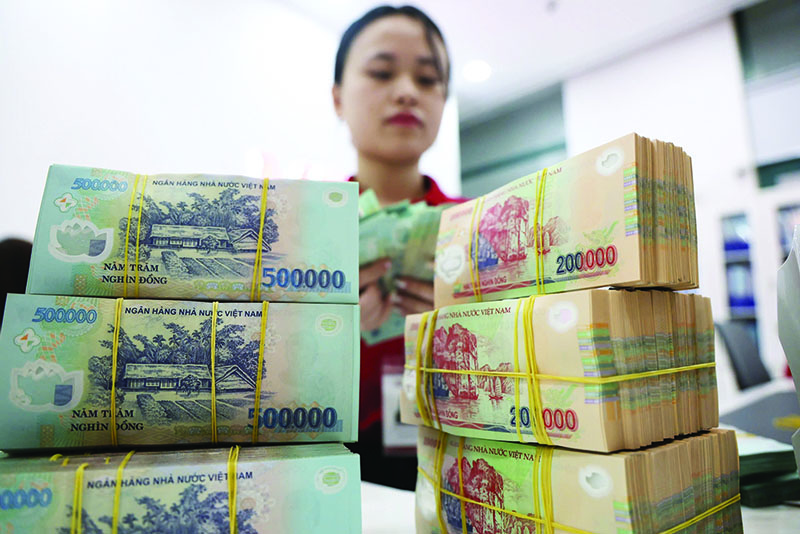 |
| Bad bank debt is on the rise, while bad debt handling is facing many difficulties. Photo : Dung Minh |
Bad debt increases alarmingly
The State Bank said that bad debt is increasing again. As of January 2025, bad debt on the balance sheet was at 4.3%. Worryingly, while bad debt is increasing rapidly, the handling of bad debt is slowing down.
Statistics from the Vietnam Banking Association also show that in the first two months of 2025, bad debt increased by about VND 34,000 billion, while the speed of bad debt handling only reached about VND 15,000 billion, mainly due to credit institutions setting aside risk provisions for handling.
“Thus, the source of bad debt settlement mainly comes from credit institutions deducting from risk reserves. This has greatly affected the business results of credit institutions, as well as reducing resources to support businesses, cash flow cannot circulate, affecting liquidity, if not handled promptly,” analyzed Mr. Nguyen Quoc Hung, General Secretary of the Vietnam Banking Association.
According to commercial banks, the failure to legalize the right to seize collateral of credit institutions (stipulated in Resolution No. 42/2017/QH14 on piloting bad debt settlement) has caused many customers to delay paying their debts. According to regulations, banks can file lawsuits to collect debts, but the actual effectiveness is very limited.
Statistics from the Vietnam Banking Association show that many judgments have come into force, but after 27-28 times of enforcement, auctions, and property sales, they still cannot be processed because of the Land Law. Of the more than 40,000 cases that have come into force and have been transferred to enforcement, in 2024, only 15% of the cases will be resolved with small amounts compared to the effective judgment.
Not only that, according to Mr. Dao Manh Khang, Chairman of ABBank's Board of Directors, the bank also faces another difficulty: the litigation process at the district level is transferred to the commune level, causing the bank to encounter obstacles, slowing down the debt collection process and is having to propose and propose a number of coordination mechanisms with local authorities to resolve the issue.
Mr. Tran Minh Binh, Chairman of the Board of Directors of VietinBank, said that bad debts and potential debts may increase in 2025. Therefore, the Bank is proactively controlling and early classifying debts with signs of potential risks.
The legalization of Resolution No. 42/2017/QH14 must protect both debtors and creditors.
The Government has just submitted a document to the National Assembly Standing Committee on the Draft Law amending and supplementing a number of articles of the Law on Credit Institutions 2024. The draft Law will codify a number of provisions of Resolution 42/2017/QH14, including codifying provisions on the right to seize secured assets; codifying provisions on the seizure of secured assets of the party subject to enforcement; codifying provisions on the return of secured assets as evidence in criminal cases.
 Previously, banks directly seized collateral and sold it, but after Resolution 42/2017/QH14 expired, banks had great difficulty in recovering collateral to settle debts. According to regulations, banks can sue borrowers in court, but in reality, debt settlement through enforcement accounts for a very low percentage.
Previously, banks directly seized collateral and sold it, but after Resolution 42/2017/QH14 expired, banks had great difficulty in recovering collateral to settle debts. According to regulations, banks can sue borrowers in court, but in reality, debt settlement through enforcement accounts for a very low percentage. 
- Mr. Nguyen Duc Bien, Vice Chairman of the Board of Directors of HDBank AMC
Mr. Nguyen Quoc Hung said that amending and supplementing a number of articles of the Law on Credit Institutions 2024 not only creates conditions for banks to collect debts, but is also a wake-up call for borrowers to be aware and responsible for paying debts, eliminating the mindset of finding every way not to pay debts, finding every way not to hand over assets, finding every way to ask for interest exemption, even borrowing to pay principal and not wanting to pay interest, while the collateral is very large.
However, many National Assembly deputies also said that caution is needed to ensure both the rights of creditors and the rights of debtors. The review report of the Committee on Law and Justice stated that, according to the provisions of current civil law, the right to seize collateral of a credit institution is not an automatic right, but must be established through the terms of the credit contract signed by the parties. Therefore, the majority of opinions in the Standing Committee of the Committee on Law and Justice agreed with the regulation on the right to seize collateral of bad debts.
However, it is recommended that the drafting agency continue to research and supplement necessary regulations to ensure that this activity is carried out publicly and transparently, ensuring the rights and legitimate interests of the person whose collateral is seized as well as related persons.
Some opinions in the Standing Committee of the Law and Justice Committee proposed to consider the regulation on the right to seize collateral assets of bad debts and said that the fact that credit institutions are given the right to seize collateral assets is administrativeizing civil relations and that seizing collateral assets without a court judgment could lead to the risk of infringing on the property owner's ownership rights if not strictly controlled.
Source: https://baodautu.vn/no-xau-tang-manh-ngan-hang-canh-giac-phan-luong-d269485.html








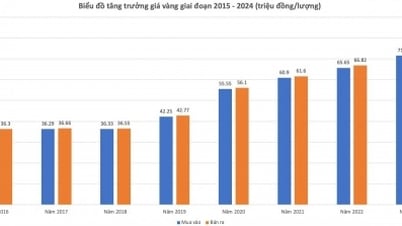

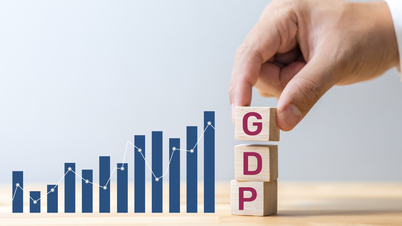


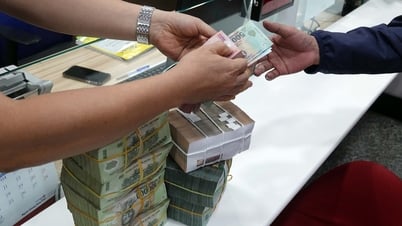














![[Photo] Nearly 104,000 candidates in Hanoi complete procedures to take the 10th grade entrance exam](https://vphoto.vietnam.vn/thumb/1200x675/vietnam/resource/IMAGE/2025/6/7/7dbf58fd77224eb583ea5c819ebf5a4e)
































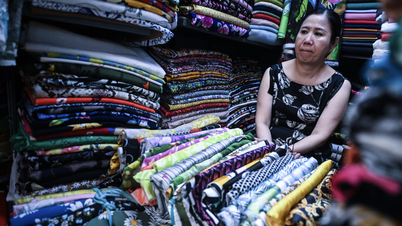















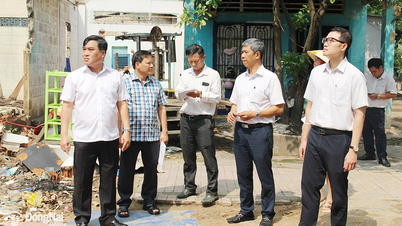











![[OCOP REVIEW] Tu Duyen Syrup - The essence of herbs from the mountains and forests of Nhu Thanh](https://vphoto.vietnam.vn/thumb/402x226/vietnam/resource/IMAGE/2025/6/5/58ca32fce4ec44039e444fbfae7e75ec)







Comment (0)